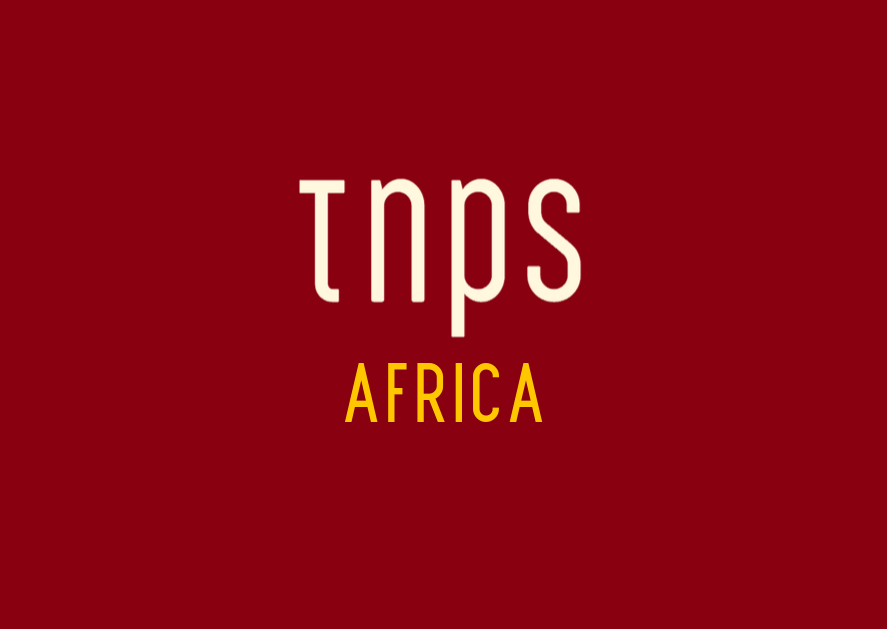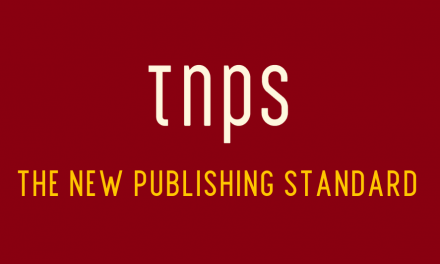The publisher earnings reports are rolling in once again, and it’s a mixed bag, even as NPD Bookscan reports tracked book sales down
This of course is by no means all book sales, but does reflect the performance of the bigger mainstream publishers.
According to a summary over at Publishers Lunch,
Print sales through outlets tracked by the service rose 2 percent (or 6 million units) through the first nine months, to 467 million units, as ebook sales counted through their companion PubTrack Digital service fell 13 million units, down 15 percent to 78 million units. That puts total tracked book units down 1.3 percent.
But children’s books (inc. YA) continue to shine, with a 3% increase on last year despite last year’s reportage including Harry Potter and the Cursed Child.
Further, while frontlist titles are down 5%, backlist are up 6% – a trend worth watching closely.
As are the differences we can expect Data Guy to be be reporting when the next Author Earnings Report comes out shortly.
Next to look at how some of the bigger publishers are faring.
Simon & Schuster’s latest results, announced just before the weekend by parent company CBS, have been receiving some mixed coverage, as so often happens when a Big 5 publisher reports.
Publishers Weekly described “a familiar pattern”, referring to gains in print and audio and falling ebook sales.
But as Felix J. Torres pointed out in comments over at The Passive Voice, that 1% gain on the comparable quarter last year may be looked at as a slight decline when factoring in inflation.
“Also contributing to the improved results,” notes Publishers Weekly, “was a good performance by the publisher’s international group,” with Hilary Clinton and Instagram poet Rupi Kaur performing well in the UK, Canada and Ireland. So not so much international as a handful of English-speaking countries outside the US.
Elsewhere? No word on the Anglophone markets and CEO Carolyn Reidy made clear there are no plans to be more adventurous than the English-language sector.
Over the first nine months of the year, sales at Simon & Schuster were up 6.6% over the comparable period a year ago, with Reidy optimistic the company will end the year on a strong note.
That’s in stark contrast to Quarto, which has issued a statement to investors warning of a performance “significantly lower” than expectations.
For HarperCollins it was better news, with worldwide revenues up $12m and digital sales up 6%, thanks of course to audiobooks.
Lagardere’s Hachette by contrast struggled, with publishing division revenues falling 4.3 percent, and as Michael Cader at Publishers Weekly notes, underlying sales fell more, since that total includes €11 million from recent acquisitions” such as Brainbow and Bookouture, which each contributed €5 million.
Breaking down to Hachette by region, while France delivered a healthy 6% rise, the US division was down 2.8% and the UK division down 13.5%
But of course comparative reporting periods need to be seen in the context of the content released. Last year Harry Potter and the Cursed Child sent Hachette UK sales soaring. The 13.5% drop this year might be seen simply as a readjustment. But see above, the NPD Bookscan report indicates children’s books are up 3% despite the absence of a Harry Potter this year.
Penguin Random House parent Bertelsmann reported a strong performance for the Group and threw out a few morsels about how PRH was doing:
346 Penguin Random House titles made the ‘New York Times bestseller lists, 45 of them at No.1.
In related news, and a reminder that even the biggest media companies have their ups and downs, Disney failed to impress with its latest earning report.




